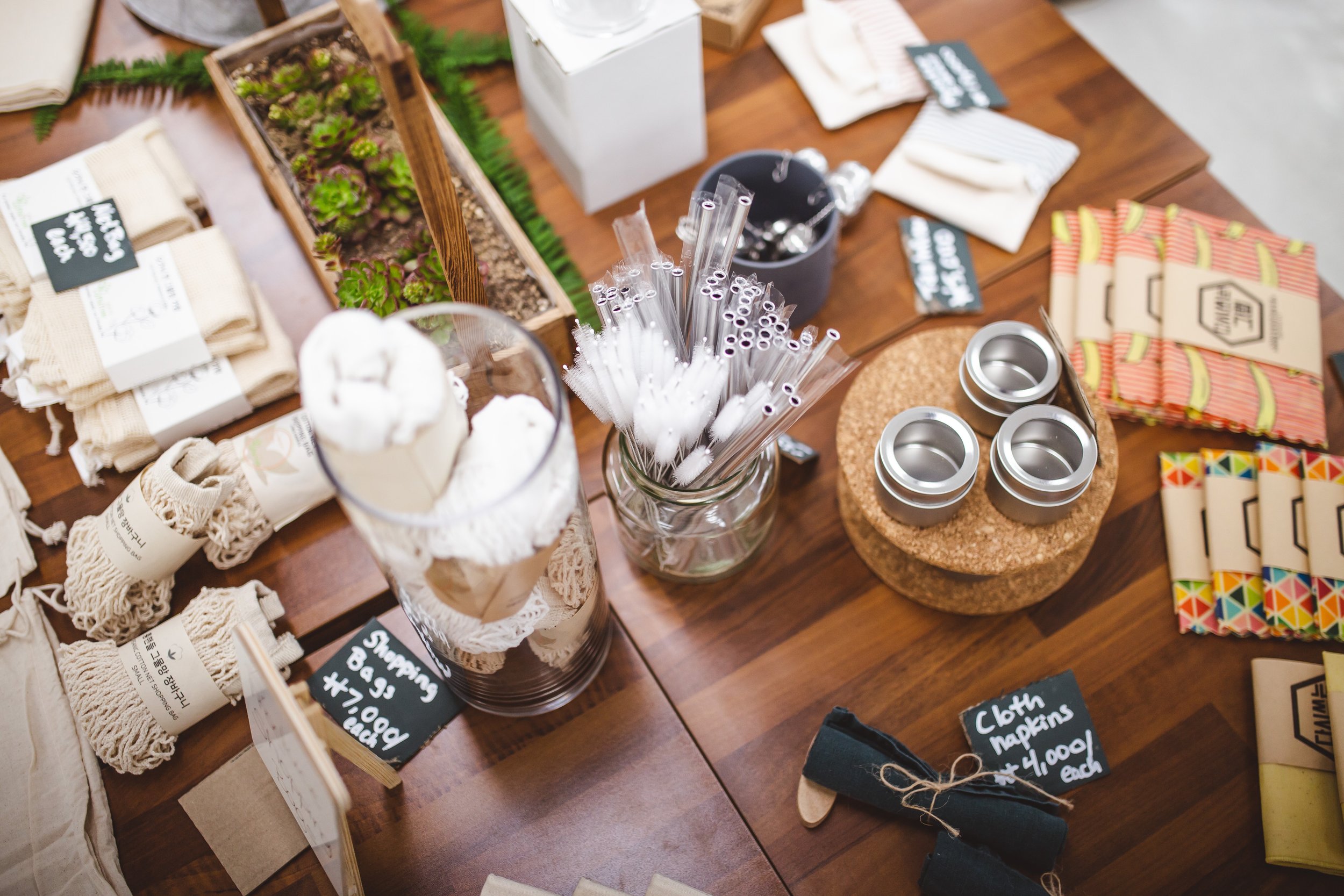Simple Steps to Becoming a Zero-Waste Hero
If the last few years taught us anything, it’s that life is uncertain and could change in a single day. That said, a major issue we face as humankind, the impacts of climate change, has been with us for a while now and our ocean and marine ecosystems are under increasing pressure from unmanaged waste emissions and unsustainable resource use. So, it’s high time for every one of us to take action and add some positive changes to our lives.
Hope still floats, especially now when so many people have joined the zero-waste movement once they’re aware that our planet is our only home and we should pay more attention to it. Starting a zero-waste lifestyle may seem a bit scary and as if you have to change every single thing about your life overnight.
If experience has taught us anything, it’s that every little step counts. So let’s see what you can do right now to start enjoying zero-waste living!
Reduce Food Waste
About one-third of the food we produce for consumption every year doesn’t end up in someone’s stomach. Instead, it gets either lost or wasted.
That inevitably contributes to global issues such as climate change. With food waste comes greenhouse gas emissions that pose a threat to our quality of life and the quality of our remaining resources, including land, food, and marine life.
Some may think that food waste is simply a part of life, but it doesn’t have to be. The first step here is to assess your fridge and pantry and check what foods you can use up. Once it’s time to go shopping, ensure you store your food properly to make it last longer. To be safe, remember to keep a checklist of all the food you have (both perishable and non-perishable).
By knowing your food supplies, you’re less likely to overspend on groceries, and you may also be more inclined towards cooking at home and using all that food up. And yes, even the scraps we often throw away can be utilised in some way. Leftover vegetable trimmings can make for a healthy broth, for instance, so going zero-waste could be a chance to improve your well-being too.
Another option is to compost your food waste (or any other organic waste) at home. This practice can, among other things, help you enrich your garden or lawn. In fact, it could stop you from relying on chemical fertilisers that bring about even more pollution and, eventually, the destruction of diverse and complex ecosystems like coral reefs.
Reuse, Upcycle and Repurpose When Possible
The take-make-dispose method has done its damage to our planet. Now, every person should try to analyse their consumer needs and check how they could limit their waste production.
One of the best ways of doing that is by adopting a more circular economy, both at home and in other aspects of our lives. Every time we decide to simply replace stuff with new products without trying to reuse, upcycle or repurpose them, we are eating away at our finite resources. The point of a circular economy is to close the loop. In other words, we should design our waste and keep products and materials in use for as long as possible.
Adopting a circular economy at home may sound like a challenge, but it often boils down to just making more sensible choices. Avoiding plastic packaging and bags should be your first step. You always have the option of saying NO to waste-producing materials and opting for more sustainable solutions.
But don’t stop there! Try to:
-
Fix broken appliances instead of buying new ones
-
Patch up clothing and repair footwear to prolong their lifespan
-
Swap clothes with friends or rent special outfits through clothing rental services
-
Repurpose old furniture by refurbishing it and using it again in some way
Anna Oliinyk/unsplash
Find Zero-Waste Products That Work for Your Lifestyle
Finally, know that there are lots of zero-waste swaps for many everyday items, including:
-
Plastic wrap. Though cling film is a staple in every household, it’s difficult to recycle and can release toxic chemicals when burnt. Instead, go for beeswax paper, which is plastic-free, natural, and waste-free since it’s biodegradable.
-
Plastic bags. Plastic bags have a negative impact since they take years to (somewhat) degrade in landfills, and even then, they release toxins and continue polluting. Quite often while being transported to the landfill, plastic is blown away because it’s so lightweight. From there, it can eventually go into drains that enter rivers and end up in our ocean. A good alternative is reusable bags, preferably made from a renewable material. You should also keep reusing the bags you already have (fabric or plastic) until they’re worn out.
-
Paper towels. You can compost paper towels if they haven’t been in contact with non-organic substances, like grease, oil, cleaning agents, etc. Since they’re what most people use them for, it’s best to eliminate them and opt for reusable cloth towels instead.
-
Toothbrushes. Bamboo toothbrushes reduce plastic waste and pollution, unlike regular ones made from plastic and pose a threat to the environment, especially marine life, since they can easily end up in oceans.
The list goes on, with even more alternatives coming out in recent years, such as eco-friendly Ziploc bags, water bottles, razors, dental floss, deodorants, and more. Switching out just one of them may not have a huge impact on your lifestyle right away. However, as time goes by, you’ll be able to find even more options that could greatly reduce the amount of waste you create. And slowly but surely, zero-waste living will become second nature to you while looking after our planet!
Nicolle is RTS’s Social Media Manager, and has been a valued member of the team since July 2018. She is responsible for content creation on all platforms, leveraging creative software, industry trends and research, and social media strategy to build upon the company’s online presence and also contributes to the RTS blog.




